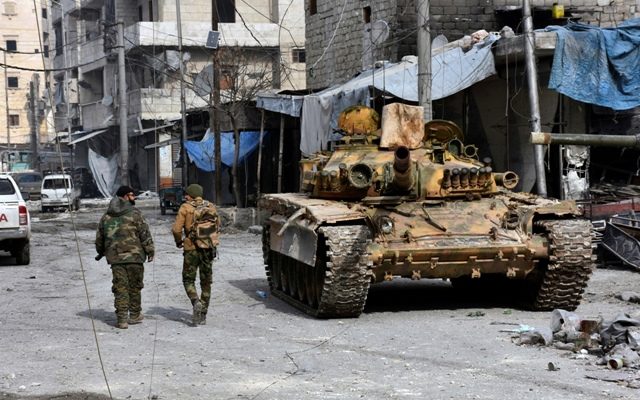The UN Security Council reached consensus on a resolution to deploy UN monitors in an effort to evacuate civilians from Aleppo.
The United Nations Security Council passed a resolution on Monday calling for the deployment of UN observers to the besieged Syrian city of Aleppo.
The resolution is based on the framework of an agreement last week between Russia and Turkey that would enable the evacuation of civilians and rebel fighters from eastern Aleppo.
The resolution mandates for all parties “to provide (UN) monitors with safe, immediate and unimpeded access” in order to allow for the delivery of humanitarian aid and medical care to civilians in the city.
The resolution also calls upon outgoing UN Secretary General Ban Ki-Moon to assume a number of logistical responsibilities that would better facilitate the role of the UN observers.
Ban will be tasked with “making arrangements, including security arrangements in consultation with interested parties, to allow the observation by the United Nations and other relevant institutions of the well-being of civilians inside the eastern districts of the city of Aleppo.”
The resolution was passed against the backdrop of a number of significant gains by Syria’s army against rebel forces in Aleppo, which have essentially turned the tide of the civil war heavily in the Syrian government’s favor.
It has been almost impossible for the UN Security Council to pass any resolution regarding the Syrian civil war, in large part due to the stark division and disagreements between the five permanent members of the Security Council (US, UK, France, Russia and China), all of whom have veto power over any proposed Security Council resolution.
Russia, along with China, has vetoed resolutions put forth by the US, UK and France, which hold the Syrian government responsible for human rights violations in the civil war. The resolution could be passed only after a consensus was reached between Russia and France over the wording and language.
By: Jonathan Benedek, World Israel News




